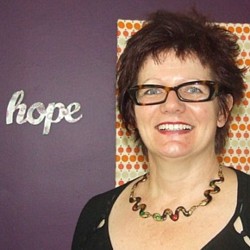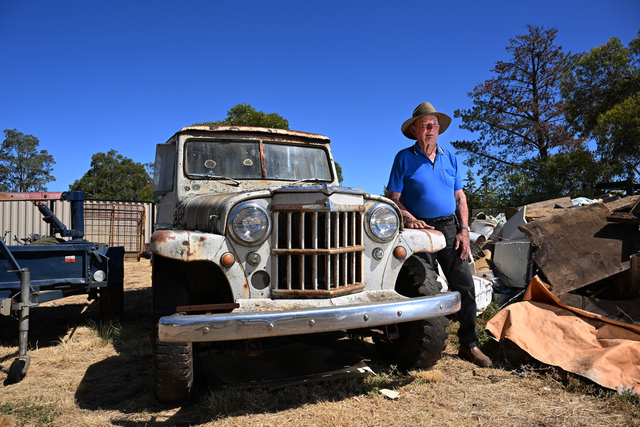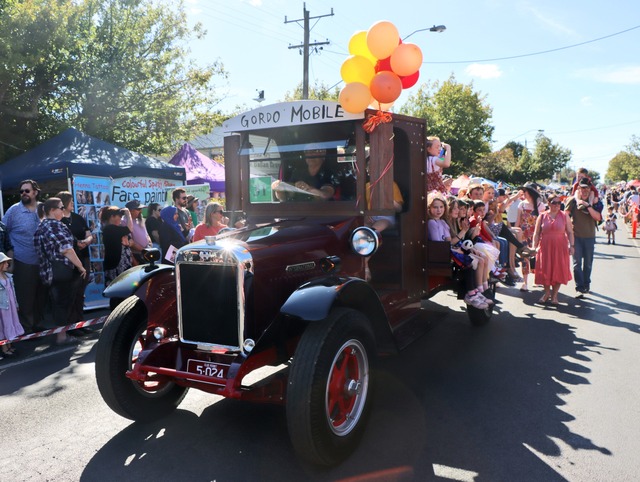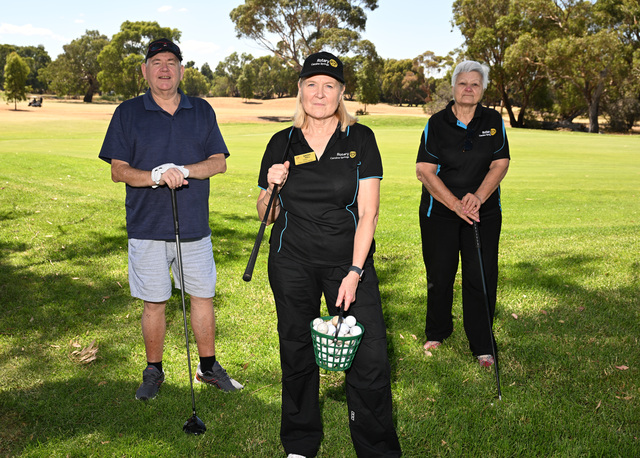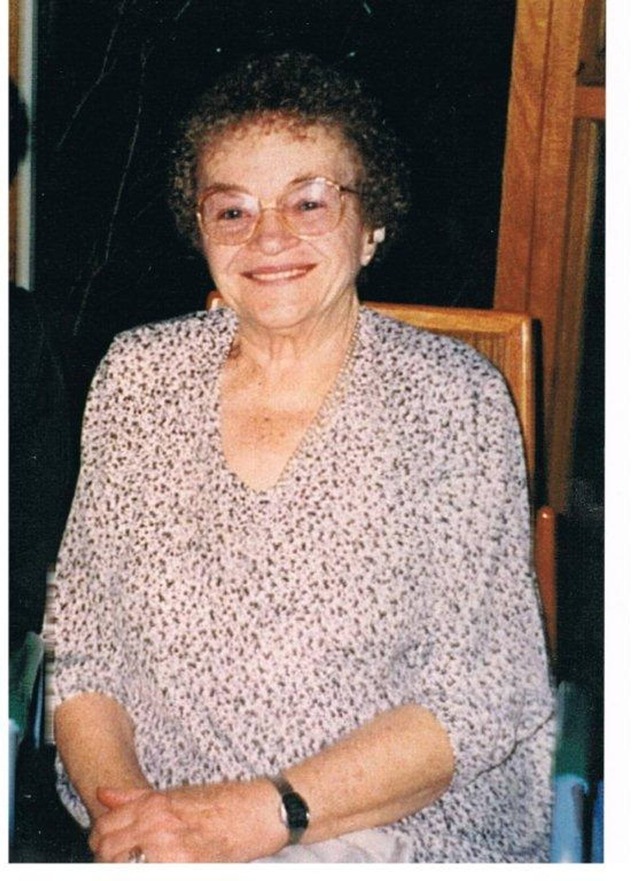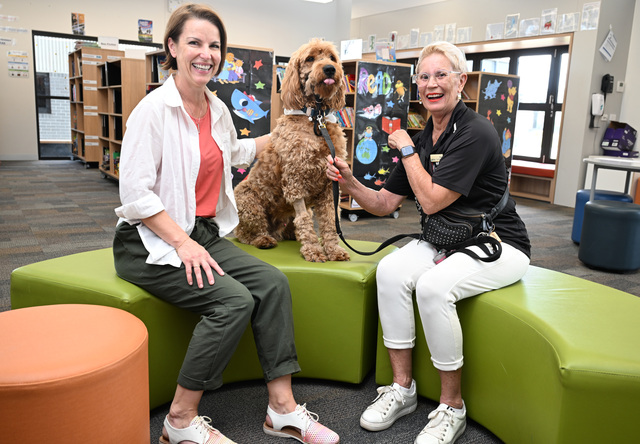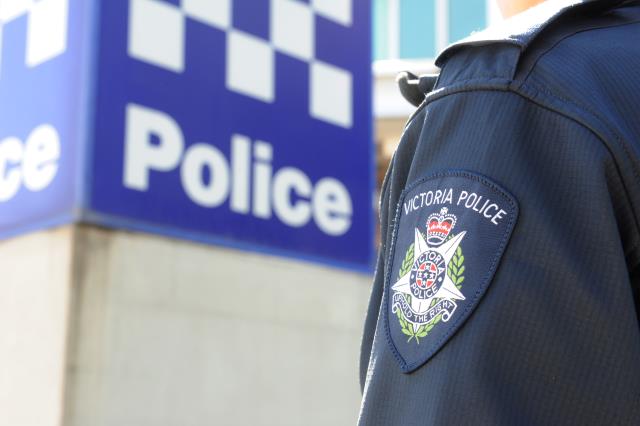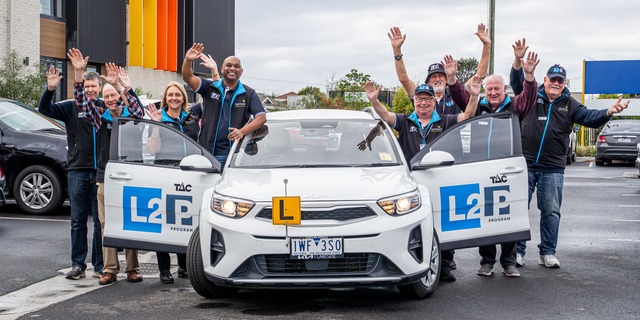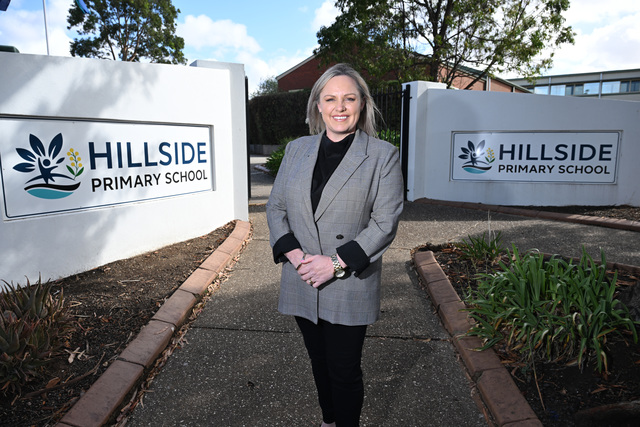A program to help young people at risk of homelessness get a foot in the door in the private rental market has been hailed a success.
Hope Street Youth and Family Services has piloted the Hope to Home program in Melton and Whittlesea for the past two years. In that time it has helped 72 young people (including 27 dependent children) lease a home, with none defaulting on their payments.
Chief executive Donna Bennett said research undertaken by Victoria University “overwhelmingly” found the Hope to Home model worked and could be replicated elsewhere.
As part of the program, Hope Street Youth and Family Services signed up as co-leasees, for a period of six months, with young people.
This allowed landlords to have peace of mind, Ms Bennett said, and young people to build a rapport with real estate agents.
“We could see that with very little public housing and virtually no other form of social housing for young people, private rentals were the option,” Ms Bennett said. “However the feedback we were getting from young people was that they weren’t being accepted in private rentals.”
With the support of Woodgrove Shopping Centre, Raine and Horne, Melton council and Gandel Philanthropy, Hope to Home demonstrated the success that could come from organisations working together to help vulnerable people, according to Ms Bennett.
Hope Street is working with the Department of Health and Human Services to fund the project, which costs about $6000 per year, per person, with hopes of rolling it out elsewhere in the state.
Ms Bennett said the pilot showed that one-on-one case management support for young people and offering “flexible” brokerage funds that could be spent on everyday items was paramount.
“The other thing we’ve learned is that it is important to have a dedicated investment for building and nurturing relationships with real estate agents to create access to private rentals for young people, but also local businesses to create employment and training opportunities,” Ms Bennett said.
Victoria University’s Dr Peter Gill said by working with local organisations, the program was also a way to reduce the stigma around homelessness.
“It’s a unique program in that it tackles homelessness at an individual, family and community level and there are very few, if any, programs like it,” Dr Gill said.
“Anything we can do to reduce the stigma helps with young people’s interpersonal relationships, helps them find rentals, apply for rentals, and be successful and maintain their rentals.”

